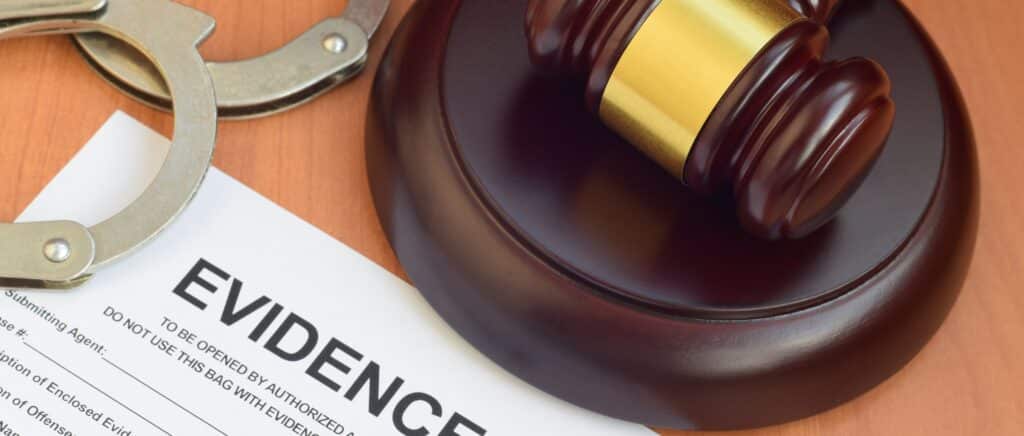What You Tell Police for a Car Accident Report
According to the Police Report Privilege law, any information you give police for a car crash report can’t be used against you, but when there is the possibility of criminal charges, you need to watch what you say.

Anyone involved in a traffic accident has a duty to give information to a police officer making a crash report. The report is used to determine the cause of the accident, document damages and injuries, and provide a general record of the incident. To encourage those involved in car accidents to speak freely with police about what happened, the law says that what you tell law enforcement is “privileged.” The crash report privilege covers anything said to the police officer by anyone involved in a car accident, including the driver, the car’s owner, and any passengers.
According to Florida Statute 316.066, “each crash report made by a person involved in a crash and any statement made by such person to a law enforcement officer for the purpose of completing a crash report required by this section shall be without prejudice to the individual so reporting. Such report or statement may not be used as evidence in any trial, civil or criminal.” Police Report Privilege is rooted in the Supreme Court’s Miranda ruling and the Fifth Amendment right against self-incrimination.
But the statute also says that prosecutors can use the information given to police against someone at a criminal trial if that person’s rights against self-incrimination weren’t violated. So after being involved in a car accident, can what you say to the cops be used against you?
It depends. The simple answer is that what you tell an officer for a crash report is not admissible in court.
Accident Report vs Criminal Investigation
An officer must tell you when they are “changing hats” — switching from taking the crash report to collecting information that can be used against you in a criminal investigation.
One thing the Police Report Privilege law is clear about is that the results of breath, urine, and blood tests are not privileged and can be used in prosecuting DUI charges. And it’s in DUI cases where the question comes up the most. Any observations an officer makes about someone being questioned for an accident report, such as likely intoxication in appearance or behavior, are not privileged.
The situation typically unfolds like this: An officer arrives a the scene of an accident, and one of the drivers appears to be intoxicated. Ideally, the officer would first question the driver for the purposes of filling out the accident report, getting the driver’s version of what led to the accident, as well as name and address, etc.
Then, having observed signs of intoxication, the officer will tell the driver that he or she is “changing hats” – switching roles – and is now conducting a criminal investigation. The driver is now assumed to understand that answers to the officer’s questions are no longer privileged and may be used later against them later in court. If a driver volunteers an incriminating statement immediately following an accident, like “I had a few drinks,” it is admissible since the driver did not make the statement for the purpose of complying with the duty to furnish information for an accident report.
Police Report Privilege does not apply if a witness leaves the scene of an accident. And it can’t be used in administrative hearings for a driver’s license suspension.
- Criminal Defense Police Crash Report Privilege
Successfully invoking the crash report privilege and the right against self-incrimination can require a skilled and versatile criminal defense attorney. And Florida law regarding using Miranda and Fifth Amendment rights violations in DUI cases can get complicated.
If you’re involved in a car accident and the police tell you they’re ending the crash investigation and beginning a criminal investigation, the best thing you can do to protect yourself against criminal liability is to invoke your right to remain silent and talk to an attorney.
The less you say after they tell you they are “switching hats” the better.









